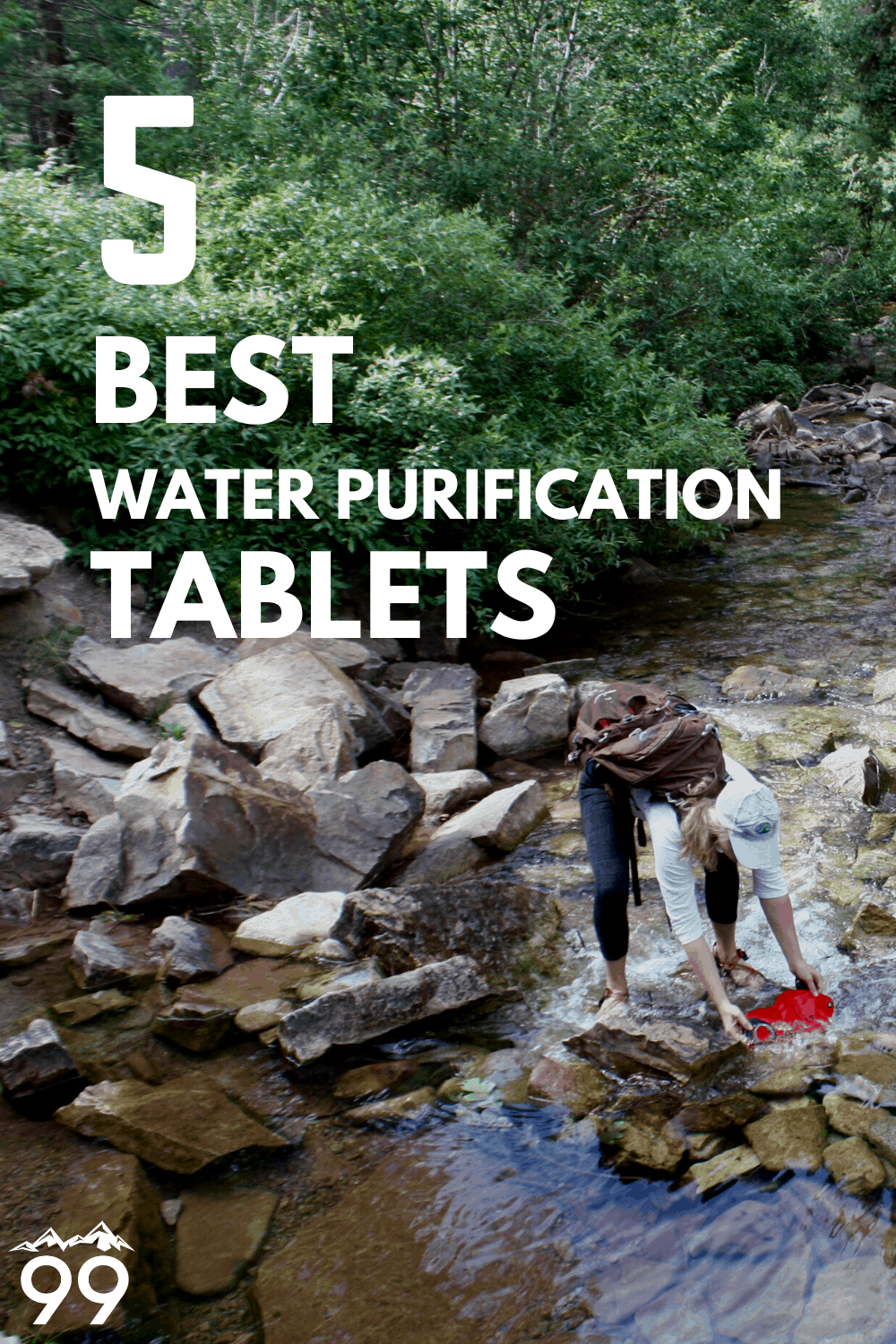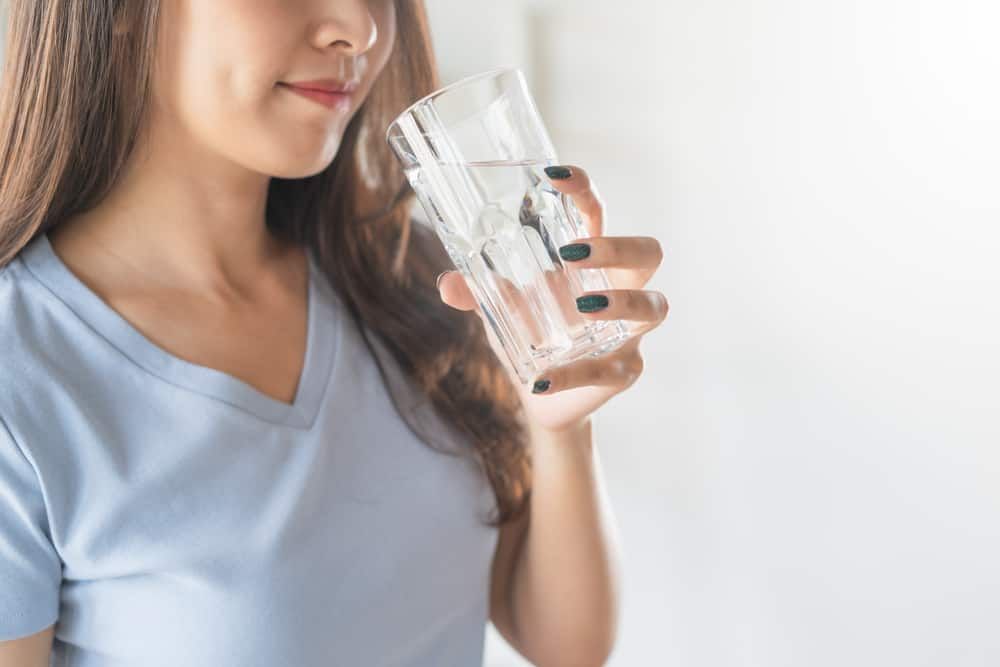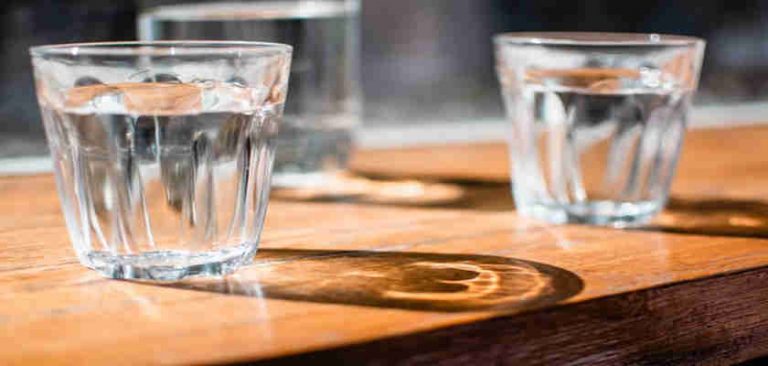Is Creek Water Safe to Drink?
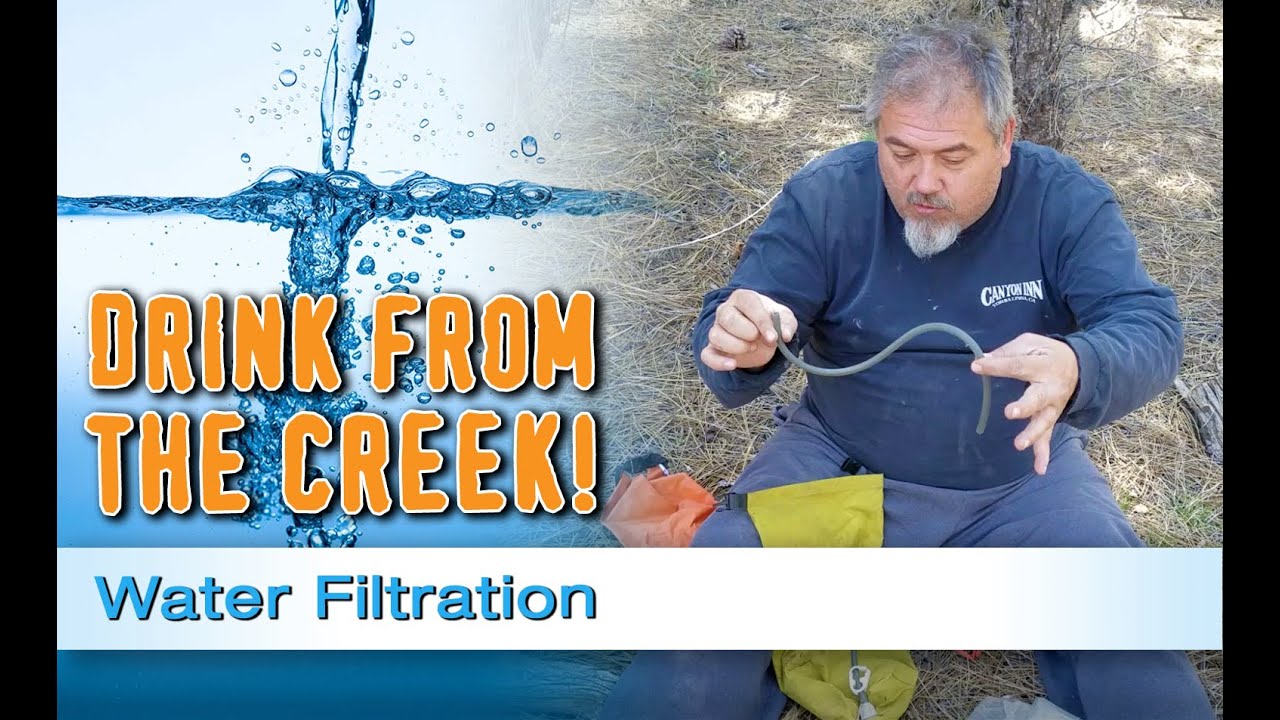
Whether or not creek water is safe to drink depends on a number of factors, including the location of the creek, the time of year, and the recent weather conditions. In general, it is not advisable to drink creek water without first treating it, as it may contain harmful bacteria, viruses, or parasites.

Potential Contaminants in Creek Water
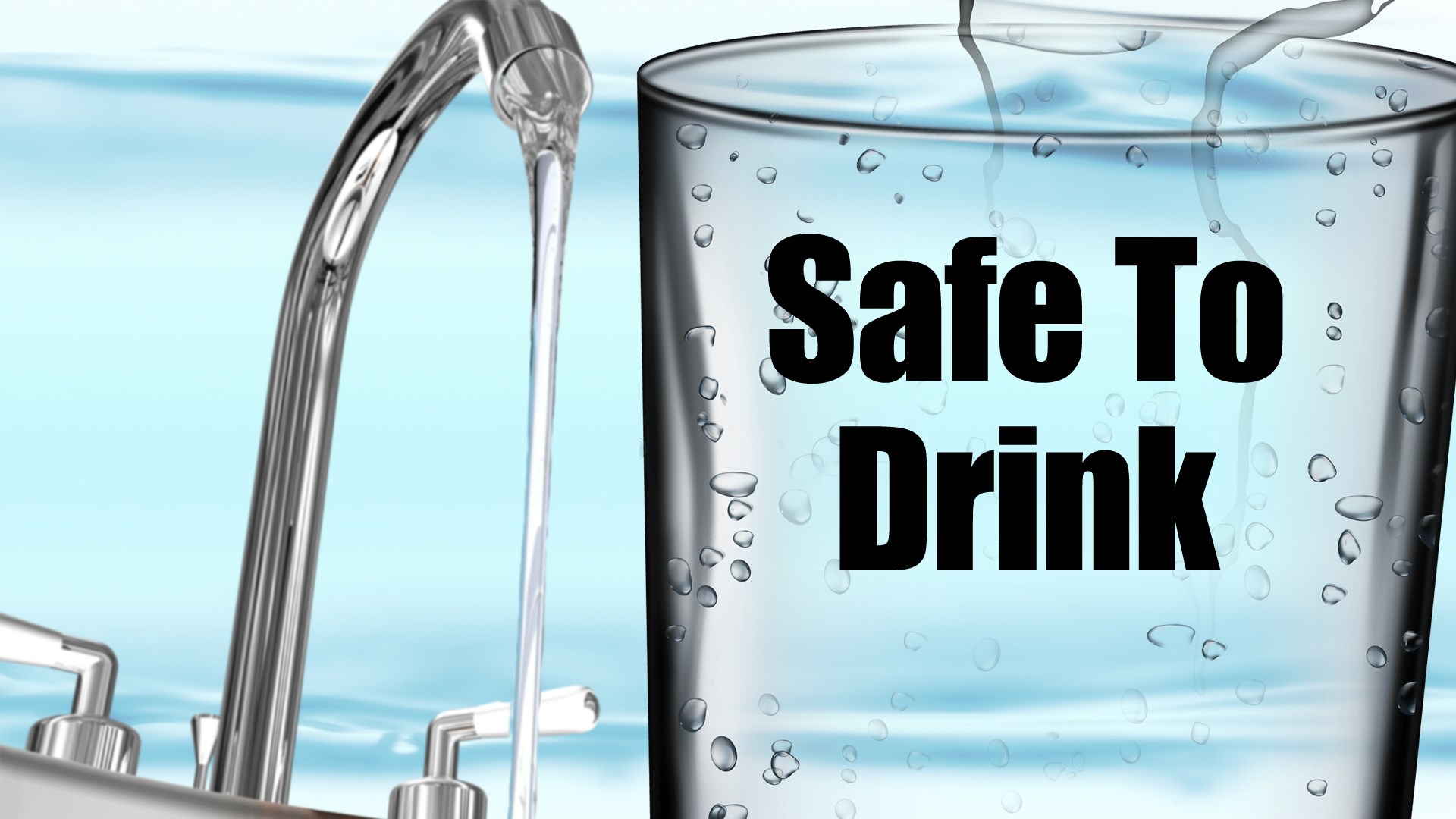
- Bacteria: Bacteria such as E. coli and Salmonella can cause gastrointestinal illness, including diarrhea, vomiting, and abdominal pain. These bacteria can enter creek water from human and animal waste, as well as from agricultural runoff.
- Viruses: Viruses such as Hepatitis A and Giardia can also be found in creek water. These viruses can cause liver damage, diarrhea, and vomiting.
- Parasites: Parasites such as Cryptosporidium and Giardia can also be found in creek water. These parasites can cause diarrhea, abdominal pain, and weight loss.
- Chemicals: Chemicals such as pesticides, fertilizers, and heavy metals can also be found in creek water. These chemicals can cause a variety of health problems, including cancer, reproductive problems, and developmental disorders.
Factors that Affect the Safety of Creek Water
- Location: The location of the creek can have a big impact on the safety of the water. Creeks that are located in rural areas are generally less likely to be contaminated than creeks that are located in urban areas. This is because rural creeks are less likely to be exposed to human and animal waste, as well as agricultural runoff.
- Time of Year: The time of year can also affect the safety of creek water. Creeks are more likely to be contaminated during the spring and summer months, when there is more rainfall and runoff. This is because the rain can wash contaminants into the creek, and the warm weather can create a favorable environment for bacteria and other microorganisms to grow.
- Recent Weather Conditions: Recent weather conditions can also affect the safety of creek water. Creeks are more likely to be contaminated after a heavy rain, as the rain can wash contaminants into the creek.
How to Treat Creek Water
If you must drink creek water, it is important to treat it first to remove harmful contaminants. There are a number of ways to treat creek water, including:
- Boiling: Boiling creek water for at least one minute will kill most bacteria and viruses.
- Chemical Disinfection: Chemical disinfection can also be used to treat creek water. There are a number of different chemical disinfectants available, but chlorine is the most common.
- Filtration: Filtration can also be used to remove contaminants from creek water. There are a number of different types of filters available, but activated carbon filters are the most effective.
Conclusion
Creek water is not generally safe to drink without first treating it. There are a number of potential contaminants in creek water, including bacteria, viruses, parasites, and chemicals. The location of the creek, the time of year, and the recent weather conditions can all affect the safety of the water. If you must drink creek water, it is important to treat it first to remove harmful contaminants.







